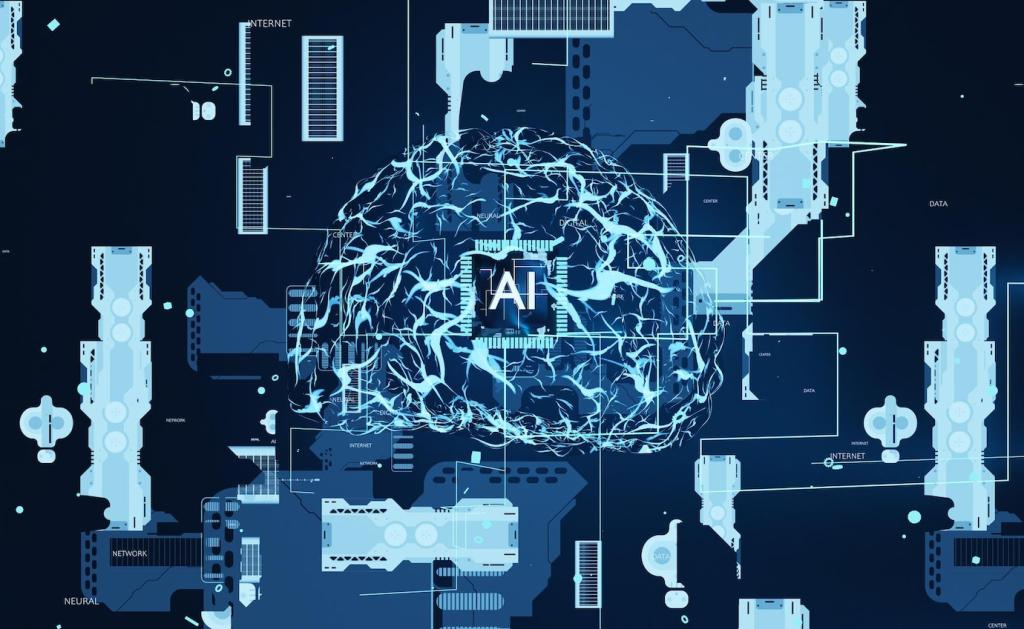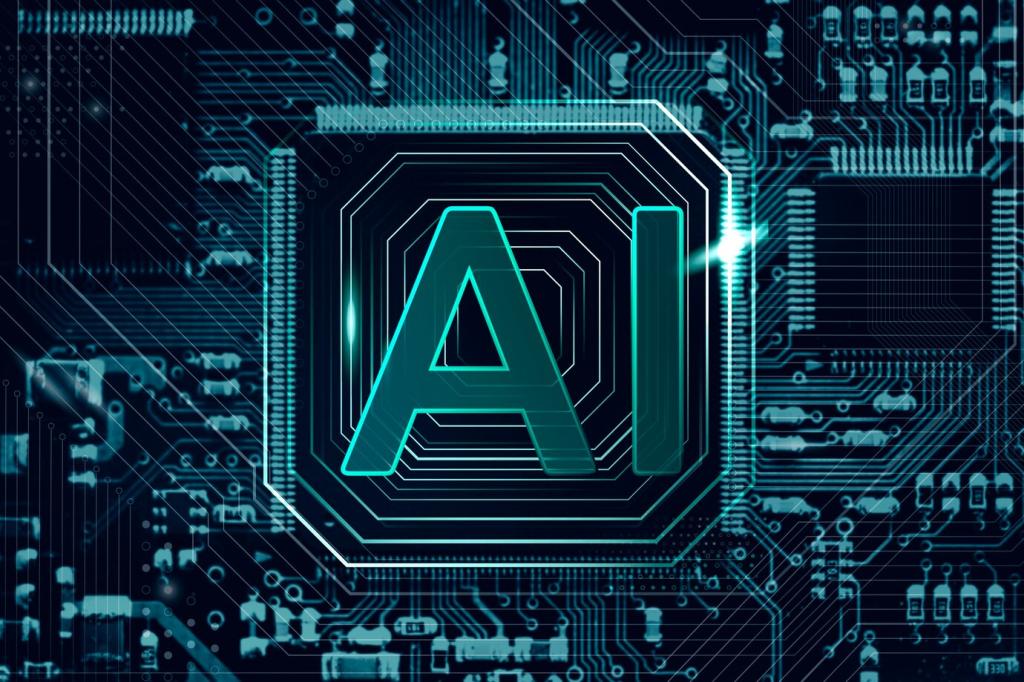
AI and Music Production: Advantages and Challenges
Artificial Intelligence is reshaping the landscape of music production, offering innovative tools and workflows that are transforming how music is conceived, composed, produced, and distributed. While the integration of AI brings forth novel possibilities and conveniences, it also introduces a complex set of challenges and dilemmas. This page explores both the advantages enabled by AI in music creation and the obstacles that the industry and artists must confront in the rapidly evolving landscape of technology-driven music.
Revolutionizing the Creative Process
AI-Assisted Composition
The process of composing music is undergoing significant change thanks to AI assistance. Tools powered by machine learning can study countless examples of music across genres and synthesize new ideas by identifying patterns, styles, and progressions. Musicians can interact with these tools to overcome creative blocks, quickly prototype ideas, or even craft entire arrangements tailored to their artistic vision. This means greater creative freedom, as AI handles routine or technical tasks, freeing artists to focus on higher-level decision-making and emotional nuance.

Accessibility and Democratization of Music Production
Traditionally, budding musicians needed expensive instruments, recording gear, and specialized knowledge to create professional-quality music. With AI-driven tools, many of these requirements are being replaced by accessible software that can run on a standard laptop. Aspiring artists can now compose, produce, and distribute their work with minimal resources, leveling the playing field and enabling voices from diverse backgrounds to be heard. This shift is catalyzing a surge in creativity and innovation across the industry.
Challenges of Authenticity and Creativity
The Question of Originality
With AI capable of analyzing and recombining millions of musical examples, concerns about originality naturally arise. There is an ongoing debate about whether music produced with significant AI involvement is genuinely original, or if it merely repurposes existing ideas in novel arrangements. This ambiguity can challenge the perceived value of music and may even affect the emotional connection between artists and their audience. Navigating the boundaries of inspiration and imitation is becoming more complex in an AI-dominated creative sphere.
Artistic Identity and Voice
AI-generated music raises questions about the role of the human artist in the creative process. When algorithms contribute substantially to composition, arrangement, or sound design, it may become difficult to attribute a clear artistic identity to the final product. Some argue that this diminishes the unique perspective and emotional experiences that are central to powerful art, while others suggest that AI can act as a creative collaborator, augmenting the artist’s personal vision. These philosophical debates are at the forefront of the evolving relationship between humans and machines in music.
Listener Perception and Value
The proliferation of AI-composed works challenges traditional notions of value in music. Listeners may wonder whether music crafted by machines can evoke the same depth of emotion and resonance as human-created pieces. There is also concern that the sheer volume of AI-generated content could lead to saturation, making it harder for individual voices to stand out. Understanding how audiences perceive and derive meaning from AI-created music is an ongoing challenge that will shape the future of music consumption.
